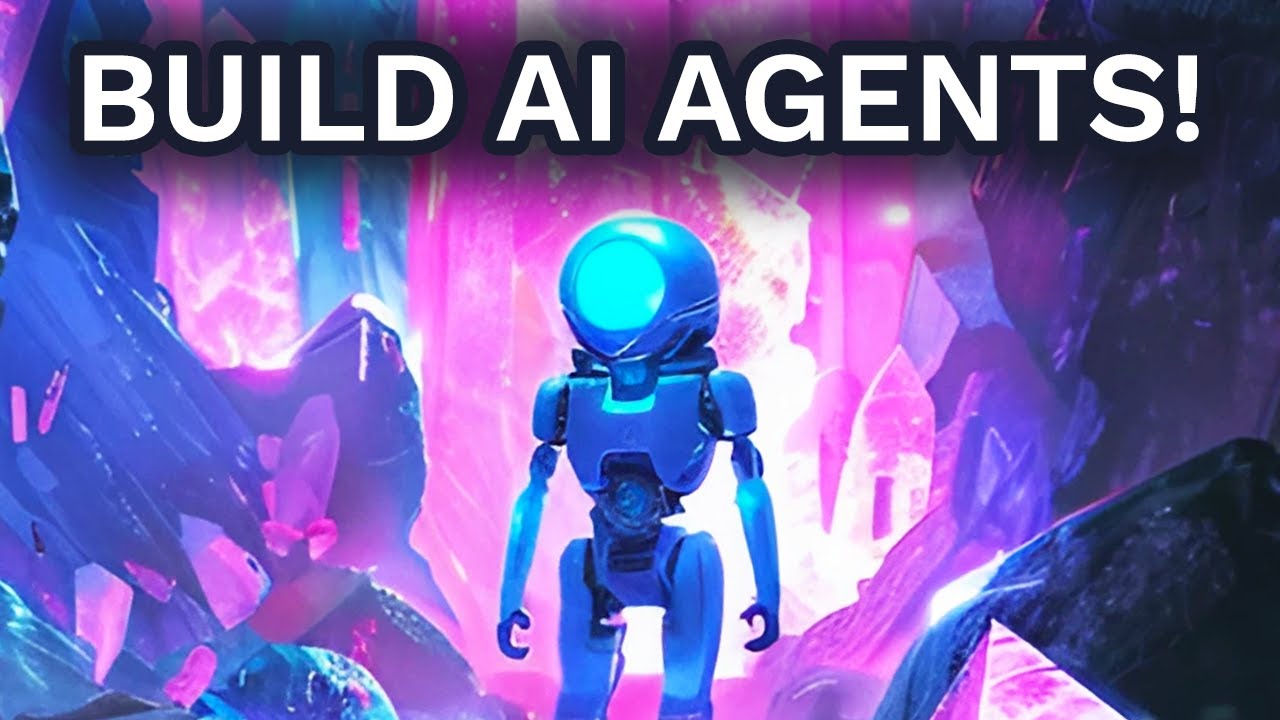In this video, Wes Roth details a discussion about the transformative impact of AI agents in 2024, emphasizing their ability to autonomously perform a wide array of tasks, from web surfing and playing games to more complex embodied tasks. These AI agents are highlighted for their advanced capabilities in planning, memory storage, self-reflection, and learning from multimodal models. Key developments include:
- Tencent’s “Web Voyager”: An end-to-end web agent powered by large multimodal models capable of executing tasks like shopping, travel planning, and email communication on command.
- The concept of a “Foundation Agent” by Dr. Jim Fan of Nvidia, aimed at creating a versatile agent that can perform diverse tasks across different realities, including games, the physical world, and simulations.
- The introduction of the Rabbit R1 device, a consumer-level AI agent that executes tasks on behalf of users, trained not by memorizing button locations but by understanding user interfaces on a conceptual level.
- An innovative approach to AI training by Rabbit’s team, involving data collection from real human interactions with apps, analyzed through a neuro-symbolic algorithm to understand and perform tasks within these apps without pre-programmed sequences.
These advancements suggest a significant leap in AI capabilities, moving beyond simple task execution to understanding and interacting with digital environments in a more human-like manner. The impact for 2024 and beyond is profound, with AI agents poised to revolutionize the way we interact with digital interfaces, potentially reshaping job markets, online advertising, and the broader digital economy. The ongoing development of these technologies also raises important questions about their societal implications, including their effect on employment, privacy, and the nature of human-computer interaction.




